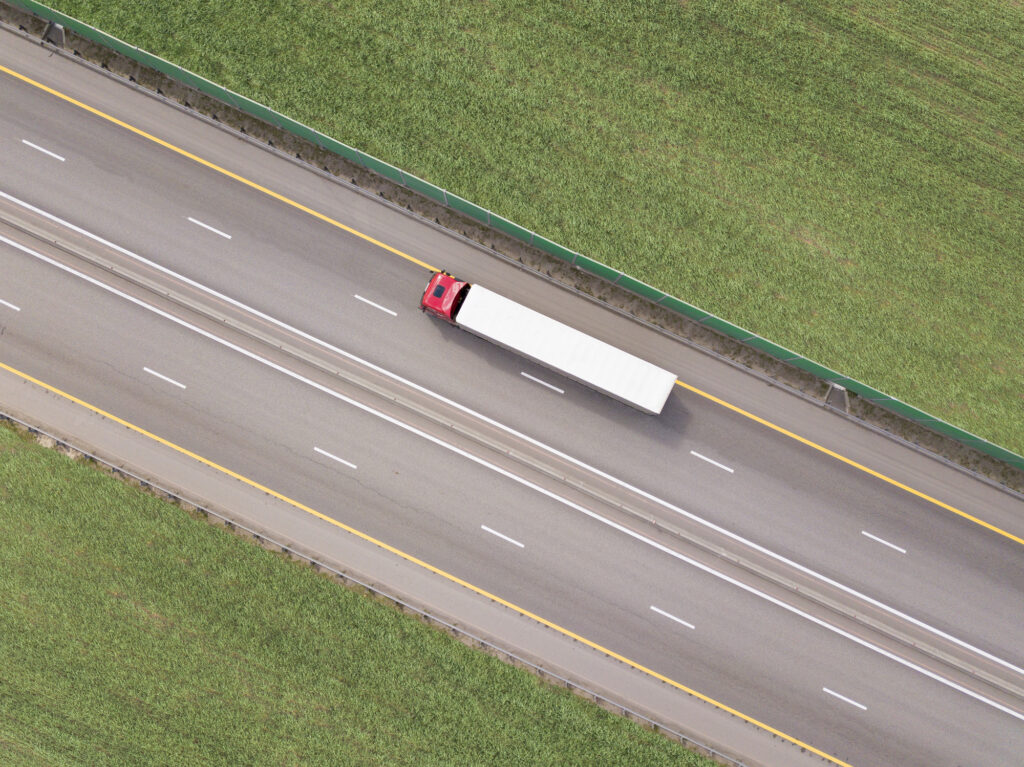By Bryan Nickerson, WG Manager of Trade Practices & Commodity Services
As a shipper, it is prudent to fully understand both your contractual obligations and your rights when handling a potential rejection.
A shipment cannot be deemed rejected if it is either:
1. Unloaded (except for the purpose of inspection); or
2. Unilaterally diverted during transit
Under PACA law, both such actions constitute acts of acceptance. For proper cause, your buyer may reject a shipment by providing a prompt and proper notification to the shipper.
PACA defines timeliness in rejecting a shipment as:
• If it is a truck shipment, the buyer has up to 10 hours after arrival at contract destination.
• If it is a rail shipment, within 24 hours of arrival at contract destination.
For your customer to properly reject a shipment, there needs to be unbiased, objective evidence of a breach of contract. Unless you’ve agreed to it, an internal Quality Control (QC) or Quality Assurance (QA) inspection should not be deemed as a valid representation of the load’s quality and condition at the contract destination. The best practice—dependent upon where product is shipped—is to secure that evidence by obtaining a federal U.S. Department of Agriculture (USDA) or Canadian Food Inspection Agency (CFIA) inspection, indicating the product did not meet contract specifications upon arrival. Remember, on a Free on Board (FOB) sale, it is the buyer’s burden to request a USDA inspection and prove a breach of contract, not the shipper’s.
I often receive inquiries from shippers asking if their product arrived at the contract destination showing problems and the buyer is requesting to amend the original sales contract, can they (the shipper) take possession of the load and move it to another wholesaler or buyer that they feel can do a better job with the distressed product? The simple answer to that question is “no.” Once the product is sold to the buyer, it belongs to the buyer, and only if the buyer agrees to release it back to the shipper can the shipper move the product elsewhere. That said, the buyer cannot unilaterally amend the contract as there must still be a mutual agreement reached by both parties to change the original sale.
The takeaway is when product is rejected by a buyer back to the shipper, the shipper should immediately move the product to another buyer or wholesaler to minimize losses. If the shipper feels that the rejection was not a valid rejection, then he can place the buyer “on notice” that the rejection was wrongful. You must thoroughly document and memorialize the steps you are taking to mitigate damages. To mitigate losses, the product will then be moved to be sold for the account of whom it may concern. The shipper will look to the original buyer who rejected the product for any and all losses from the original sales contract.
Assistance with rejections and helping you understand your shipper rights is just a small fraction of the services offered by the Western Growers Trade Practices Department. In an effort to enhance the competitiveness and profitability of you, our members, Trade Practices is dedicated to being your one-stop shop for consultation and education on fresh produce contracts. Our goals are to ensure that WG members are not taken advantage of when differences occur and to provide assistance in recovering monies owed. Just last year, the Trade Practices team worked hard to represent members’ interests, ultimately recovering more than $920,000 on their behalf.
If you need guidance on the rights and remedies available to sellers of perishable commodities under PACA, please contact me at (949) 885-2392 or [email protected].


